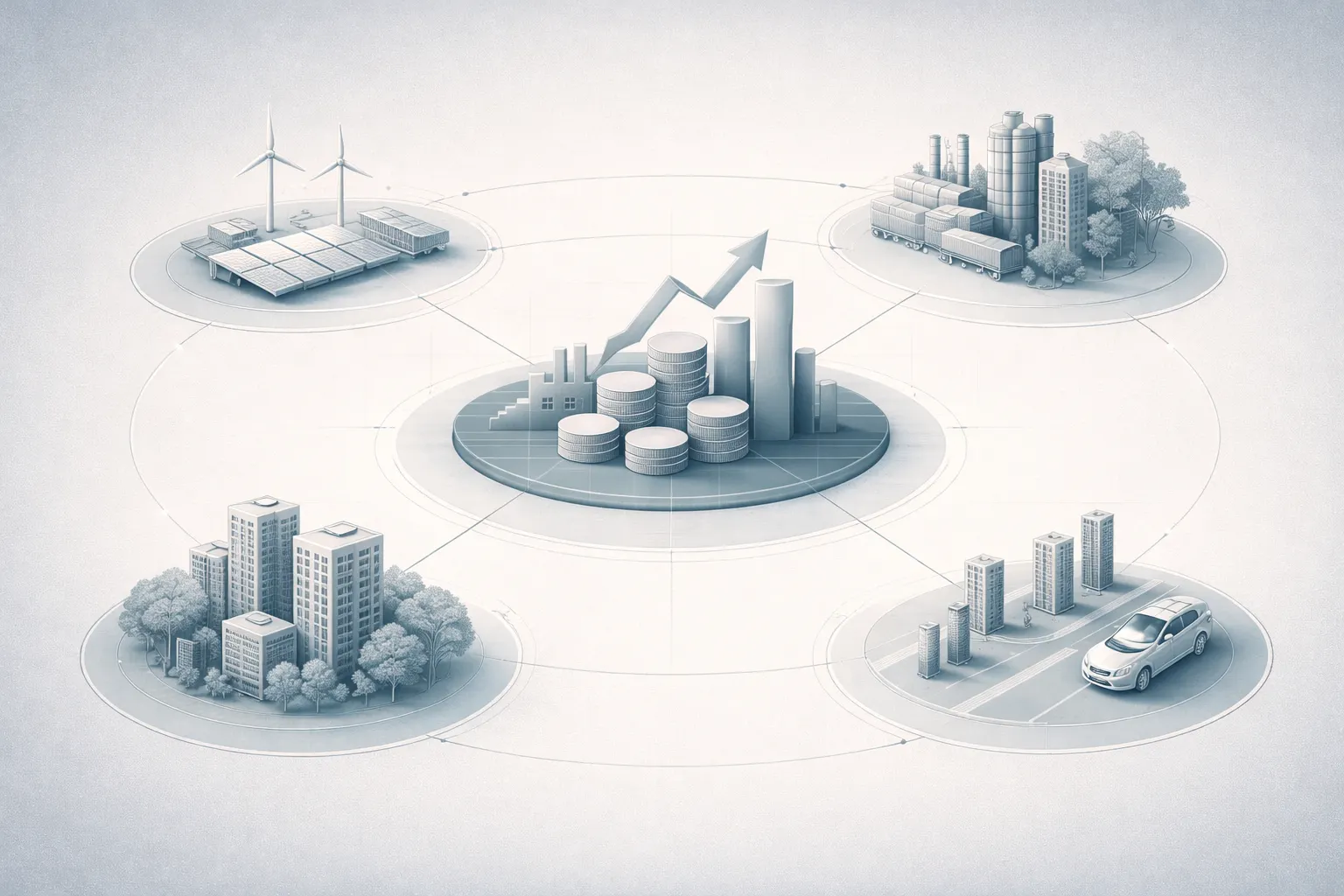
As the global push for sustainability gains momentum, electric vehicles (EVs) have emerged as a critical component of decarbonisation strategies worldwide. In Australia, the transition to EVs has accelerated in 2024, driven by a combination of policy support, consumer interest, and corporate commitments to net-zero goals.
However, factors like associated costs and infrastructure limitations continue to restrict broader adoption. This article explores the current EV market in Australia, its scope for growth, and the key factors shaping its future.
Current State of the EV Market in Australia
In 2024, Australia’s EV market demonstrated robust growth, with electric vehicles accounting for approximately 9.2% of new vehicle sales by the third quarter. According to the Electric Vehicle Council, over 85,000 EVs were sold in the first nine months of 2024, marking a 35% increase compared to the same period in 2023 (Thompson, 2024).
Tesla remained the market leader, with the Model Y and Model 3 dominating sales, followed by brands like BYD and MG. In Australia, the Tesla Model Y and Model 3 have been the best-selling EVs, with 16,697 and 14,053 units sold respectively, year-to-date (Curry, 2024).
However, competition is intensifying as brands like BYD and MG make significant inroads. BYD has shown impressive growth, with models such as the Atto 3 gaining popularity in various markets. In Australia, BYD's sales have been notable, contributing to the increasing diversity of EV options available to consumers (Curry, 2024).
Despite this progress, EVs still represent less than 2% of the total vehicle fleet in Australia, which comprises over 21 million registered vehicles. This indicates a substantial growth opportunity for the EV market, particularly as government policies and incentives aim to boost adoption.
Comparatively, leading EV markets like Norway and the Netherlands have penetration rates exceeding 80% and 40%, respectively, underscoring Australia’s potential to catch up with global trends (Stopford, 2024).
Opportunities and Market Scope
Presently transport accounts for approximately 19% of Australia’s greenhouse gas emissions. Australia’s commitment to net-zero emissions by 2050 and the government’s interim target of reducing emissions by 43% by 2030 have positioned EVs as a central strategy for decarbonising the transport sector (Australian Automobile Association 2024).
To support this transition, the Australian government has allocated AUD$500 million in 2024 to expand the national EV charging network, targeting the installation of 2,000 new fast chargers by 2025.
The corporate sector is also playing a role. Major companies, including Woolworths and Australia Post, have announced plans to electrify their fleets.
Woolworths aims to convert 100% of its delivery fleet to electric by 2030, while Australia Post is piloting electric vans across major cities. Additionally, Australia’s position as the world’s largest lithium producer provides a significant opportunity to develop a domestic EV supply chain, including battery manufacturing and recycling. These initiatives are expected to create thousands of jobs and add billions to the economy.
Challenges in EV Adoption
Despite the promising outlook, several challenges continue to impede the widespread adoption of EVs in Australia. High upfront costs remain a significant barrier for consumers. In 2024, the average price of an EV in Australia stood at AUD$61,000, compared to AUD$38,000 for internal combustion engine (ICE) vehicles.
Although global trends indicate a steady decline in EV prices, affordability remains a concern for many Australian households.
The lack of charging infrastructure, particularly in regional and remote areas, further hampers adoption. While urban centres such as Sydney and Melbourne have seen rapid growth in charging stations, “range anxiety” continues to deter potential buyers.
Government and private sector investments aim to address this gap, but experts believe that achieving widespread coverage will require an ongoing effort over the next decade.
éthica capital, Green Bond Corporation SARL (GBC) and Carbon Capital Corporation (CCC)
éthica capital, Green Bond Corporation SARL (GBC) and Carbon Capital Corporation (CCC) form part of The Green Bond Corporation Group (GBC Group). Combining deep expertise and global thought leadership in sustainable finance, infrastructure development and carbon-based financing that aligns with your environmental and humanitarian goals, empowering your business to achieve greater success and create a meaningful positive impact.
References
- Thompson, N. (2024). Media Releases - Electric Vehicle Council. [online] Electric Vehicle Council - Increasing the uptake of EVs in Australia. Available at: https://electricvehiclecouncil.com.au/media-releases/.
- Curry, I. (2024). 2024 Australian EV sales: Tesla and BYD still on top, MG slumping, BMW smashing Benz and Toyota a bit player with bZ4X - EV Central. [online] EV Central. Available at: https://evcentral.com.au/2024-australian-ev-sales-tesla-and-byd-still-on-top-mg-slumping-bmw-smashing-benz-and-toyota-a-bit-player-with-bz4x/.
- Stopford, W. (2024). Australian EV sales: How they’re shaping up as 2024 nears its end. [online] CarExpert. Available at: https://www.carexpert.com.au/car-news/australian-ev-sales-how-theyre-shaping-up-as-2024-nears-its-end.
- Australian Automobile Association (2024). Electric vehicle index - australian automobile association. [online] Australian Automobile Association. Available at: https://www.aaa.asn.au/research-data/electric-vehicle/.
- Statista (2024). Electric vehicles in Australia. [online] Statista. Available at: https://www.statista.com/topics/7699/electric-vehicles-in-australia/.
- Thompson, N. (2024b). Publications - Electric Vehicle Council. [online] Electric Vehicle Council. Available at: https://electricvehiclecouncil.com.au/resources/.











.png)